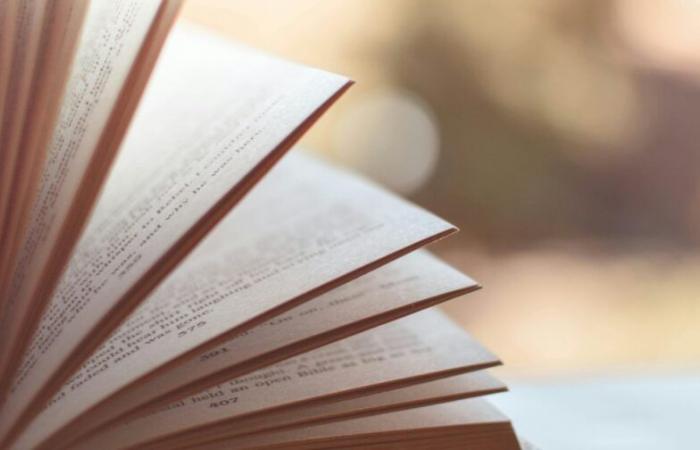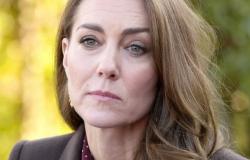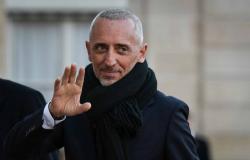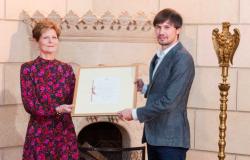“I prefer to tell the truth: I never loved Jean-Jacques Rousseau.” From the first line, we feel that the narrator does not mince her words : “ For me, he always had the image of a somewhat whiny, paranoid, and grandiloquent philosopher. “ And yet, Gwenaële Robert decided, after twenty years devoted to her family, to resume her abandoned thesis, which talks about botany and Rousseau.
the children have grown up
Direction Ermenonville, the park of the last years of the author of the Social Contract. But this story intersects with another: the children have grown up, are flying on their own, and the parents are very poor. They would like to take this free time as a blessing, but it is not that simple: “Lightness requires immense effort and a lot of training. (…) We had plenty of time, but we didn’t know what to do with it.”
Making up for lost time
It is indeed an opportunity to resume the thesis but also to make up for lost time. Especially since the narrator is not in unknown territory: she is from this region of Oise, but does she still recognize it? “ I know, my country is like childhood: when you cross the border it's forever. ” She is a little lost in space, and also notes that the family itself marked this distance with those around them very involuntarily: “here, we were agricultural workers, farmers, mechanics at Poclain. Engineer (like his father), engineer that didn't mean anything.”
I know, my country is like childhood: when you cross the border it's forever.
If it is not there, it is also because the horizon has changed profoundly. Roissy is emerging from the ground, Disney is not far away, enough to disfigure the countryside…” My country is surrounded on all sides. We are caught in a vice and live in expectation of the next catastrophe which will crush the village.”
Pampered by René-Louis de Girardin, Marquis de Vauvray, who welcomed him to this historic park, Rousseau reappears throughout the pages, the diffuse thoughts and daydreams of the solitary walker intertwine with the writer's questions: “What we can ask of literature: to be the instructions for existence, to unwind a solid thread in this labyrinth we call life.”
A book that remembers Rousseau while being very contemporary.
And undoubtedly very universal too. Gwenaële Robert delicately unfolds the geography of passing time. She makes nostalgia the occasion for a tender and poetic evocation. This passing past irrigates the pages with a challenge: “What is not named disappears. Naming my village gives it a chance to still exist.” Author of historical books, Gwenaële Robert signs here a beautiful, intimate text, a meditation on time and destiny.
What is not named disappears.
She makes everyday life a bouquet of thorns but also of iridescent flowers. To talk about these days passing by, the children gone, the fragility of spaces, is to remind us that life escapes, and that we must be vigilant, join the dance: “Everyone needs a ride to forget that kingdoms don’t last.”.






